It won’t be long until every gerbera at nursery Freek van der Velden is fitted with cultivation pots made of detectable, recycled material. Since week 42, the nursery from the Dutch town of Delfgauw has been switching to D-Tect pots by Desch Plantpak, and slowly the old pots are disappearing. Anita Kap expects the nursery to be completely switched over by the end of January.
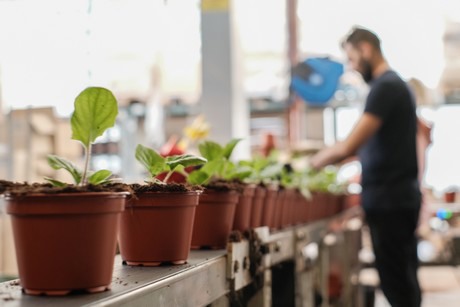
The changes will not impact the company process, but it has an effect on the sustainability of the company is striving for. “Our gerberas have the sustainability label, Feel Green by Decorum. Decorum has as its goal, among others, to make the packaging materials more environmentally friendly”, Anita explains. “Sustainability is about the complete story. Not just the cardboard trays in which we used to deliver the gerbera’s, but also about as much organic crop protection as possible in the cultivation and of course cultivation pots that can be more easily recycled.”
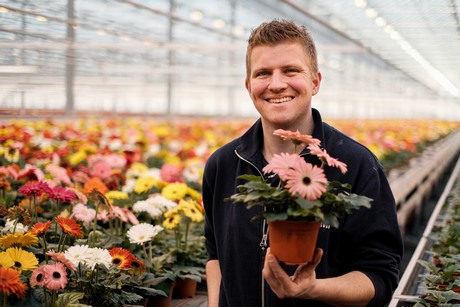 Martin van der Velden
Martin van der Velden
Plant passport
The potted plant growers recently purchased a printing machine which supplies the pots with a plant passport. “Growers are free to choose in which way they provide the plants with their plant passport. One prints it on the trays, the other on an e-ticket or the cover. We made the conscious decision to print it on the pots because then you can be certain that the passport always goes with the plant.”
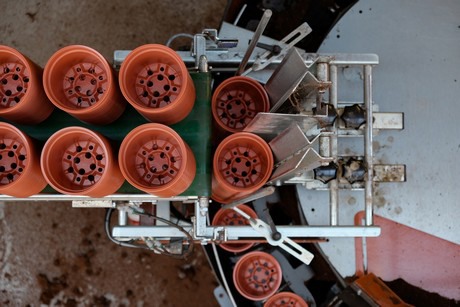
Recyclable pots
The fact that the United Kingdom is a large buyer of plants also has everything to do with these changes. Given the fact that in the United Kingdom, recycling companies use Near InfraRed (NIR) detection more often. By using this waste separation method, the pots can be filtered from the rest of the waste and then recycled. However, the black interior color of traditional pots is hard to detect with this kind of system, which is why they switched to different colors, the most popular of which is the terracotta color. When requested, Desch can also supply the pots in different colors, for instance, grey.
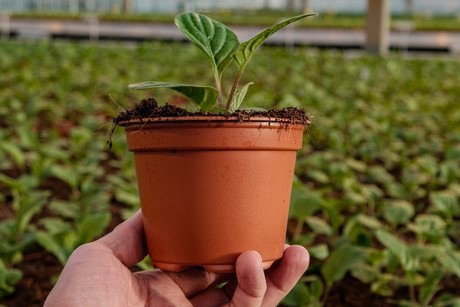
Recycled plastic
The cultivation pots are not only made of almost 100 percent recycled plastic but are also recyclable, says Kees Waqué of Desch Plantpak. “D-Tect is being made from Post Industrial Recyclables. Think of things like the cutting waste of plastic products that were made in different industries, such as manufacturers of yogurt cups and butter tubs. The plastic granulate of which is used by Desch to make D-Tect.”
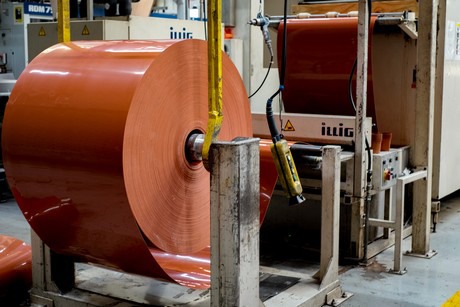 A look into the ‘kitchen’ at Desch
A look into the ‘kitchen’ at Desch
Kees can see a rise in the demand for detectable plastic. “At the moment, we are producing terracotta-colored D-Tect on a large scale. There is a great demand on the market, and by many retail organizations, especially in the United Kingdom, these qualities demand more and more from the growers.”
For more information: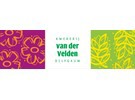
Fa. Freek van der Velden
015-2154810 / 015-2154823
[email protected]
www.kwekerijvandervelden.nl
For more information: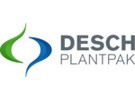
Desch Plantpak
desch.nl
